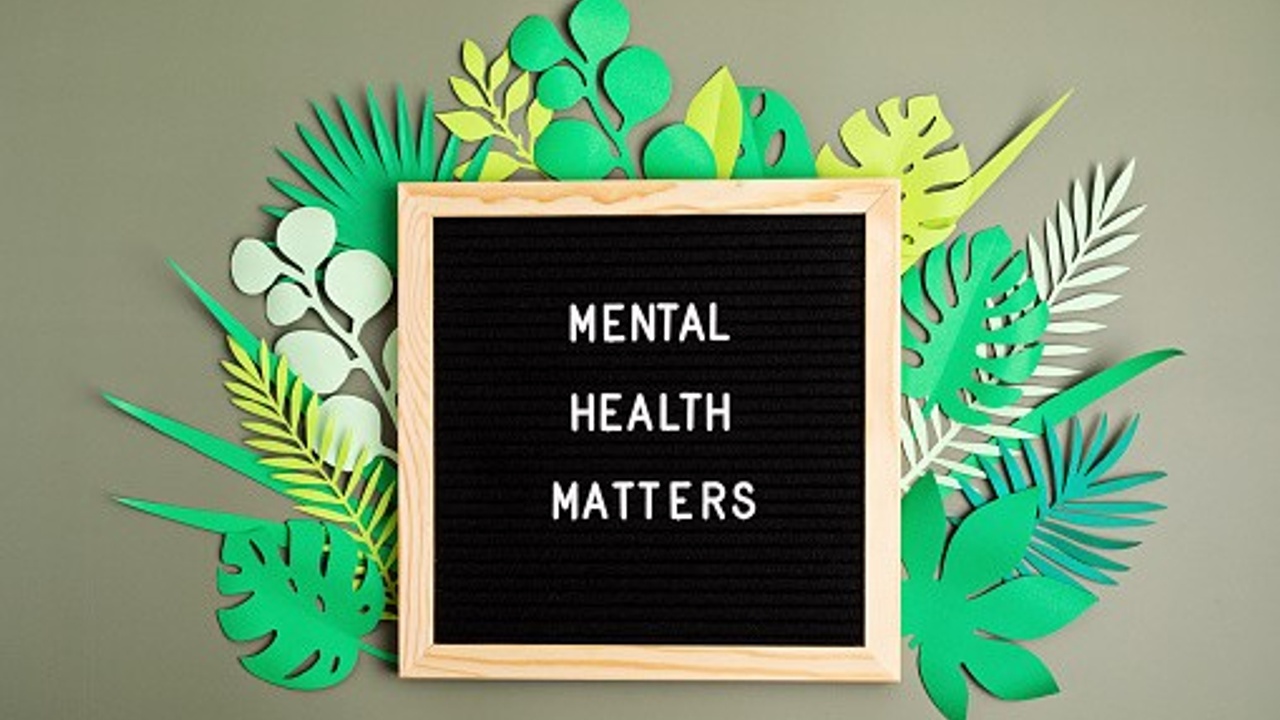
Journaling to Improve Mental Health
According to statistics, almost 1 in 5 adults in the US suffer with some type of mental illness. Depression and anxiety are two of the most common mental illnesses that can greatly reduce quality of life.
While there is a lot more awareness of these today, it remains a growing issue that can be difficult to treat. However, there are practices that have shown to boost mental health and minimize the symptoms of mental illness.
Journaling is one of the best ways to improve your mental health and boost positivity. So, how does it work and how can you get started? Find out everything you need to know about this powerful practice in this blog series.
What is journaling for mental health?
Journaling for mental health involves writing to better understand your feelings and emotions. It can also be used to boost positivity and develop a calmer state of mind.
There are lots of different techniques you can use, and each one allows you to express yourself freely. You can think of journaling as a tool to help boost your mental health.
The benefits journaling provides
Journaling provides a lot of great benefits for your mental health. Here, we will look at some of the main benefits you can expect to experience.
Better understand your thoughts and feelings
One of the main benefits of journaling is that it can be used to better understand your thoughts and feelings. If you can understand them, you have a better chance of controlling them.
Writing down how you feel and the emotions you experience will let you identify any potential behavior patterns. For example, is there a specific time of day you feel anxious or depressed? What triggers these thoughts and feelings?
Once you identify your triggers, you can work on overcoming them. Journaling is one of the best ways to track your moods and gain a better understanding of what needs to change.
Reduces stress and improves sleep
When you journal regularly, it helps to reduce stress and improve your sleep.
Just the sheer act of writing down your thoughts and feelings can help to reduce your stress levels. It can feel like a huge release when you write down everything in your head onto paper. This is especially true if you use techniques to help you analyze and understand your stressors.
By reducing stress levels, it also helps you to get a much better night’s sleep. Journaling before bed can greatly help you to drift off to sleep and stay asleep. However, it is worth noting here that if you don’t work out solutions to any problems you list, it could negatively impact your sleep.
The key is to create an action plan to solve whatever issues you are experiencing. This will give you back a sense of control.
Stay tuned to Journaling for Mental Health Part II

